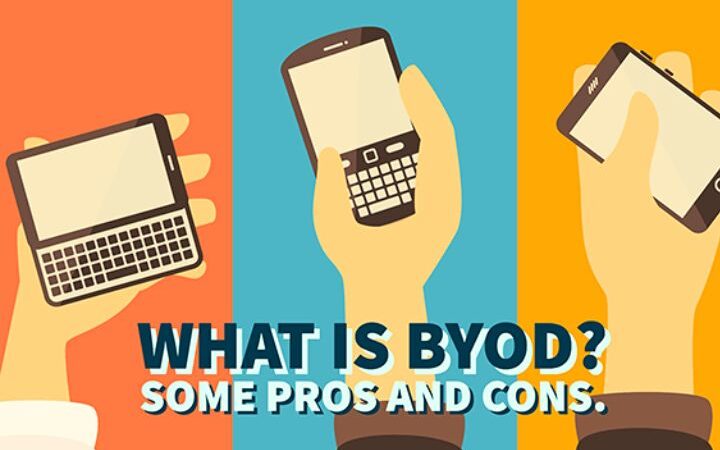Google Will Force Android Gadget Manufacturers To Release Security Updates

According to the new conditions, manufacturers will have to release at least 4 updates per year.
Every month, Google engineers release security updates for the Android operating system, and every month many telecom operators and manufacturers of Android gadgets are late with their implementation on devices. It looks like Google took the problem seriously and included in the OEM agreements a condition that vendors are required to regularly update their devices, reports The Verge.
According to the contract, manufacturers of Android devices are required to install updates on popular models of smartphones or tablets for at least two years. They are required to provide security updates “at least four times” in the first year of the gadget, as well as during the second year, although Google does not indicate how often.
Android security chief David Kleidermacher mentioned the inclusion of such requirements in May this year but did not disclose details, such as which devices will fall under the new rules, how often updates should be released and for how long.
Google’s new license agreement applies to Android smartphones and tablets sold in the EU with Google mobile apps preinstalled, including the Play Store. Since February 2018, the new rules have applied only to smartphones and tablets with a circulation of 100,000 or more, released after January 31, 2018, in July Google set the threshold at 75% of models, and from January 31, 2019, all new devices should receive updates.
Manufacturers are required to patch all Google-identified vulnerabilities within a specified time frame. By the end of each month, all vulnerabilities identified in the previous 90 days should be fixed in smartphones and tablets. In addition, all new devices must be provided with the same level of protection.
In the event of non-compliance, Google reserves the right to suspend the certification of future manufacturer’s devices, which may interfere with their release.
It is currently unclear if such requirements are included in Google’s global licensing agreements, but contract text and public comments indicate that the terms are likely the same or similar across regions.
We will remind, earlier Google announced its intention to change the policy of licensing its Android-applications for the European market and charge fees for the Play Store and other programs.







